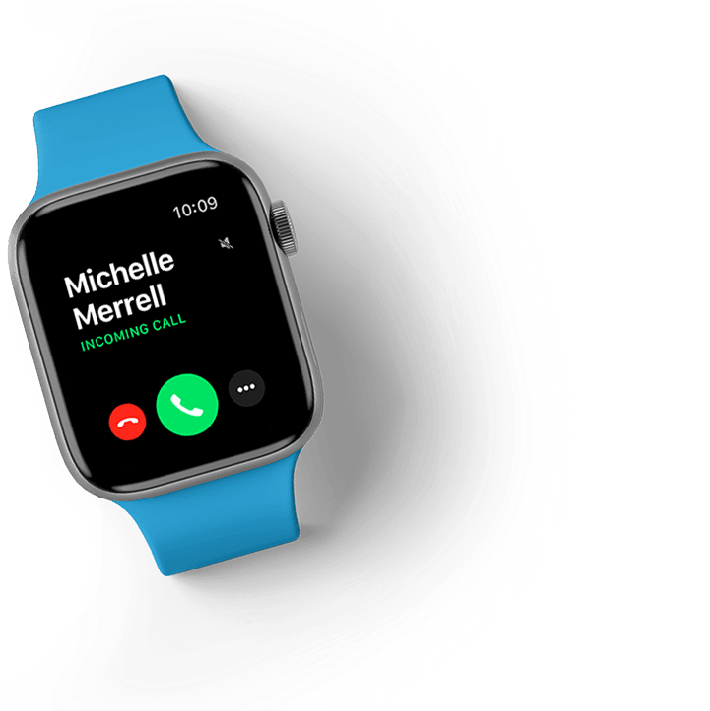For Dr. Kelly M. Lobb, a board-certified family and preventive medicine physician who leads the Norman location of Primary Health Partners, primary care is about more than providing basic health services; it’s about providing a home base for patients where they can come and feel confident their needs are being met.
While specialists can offer in-depth knowledge and treatment for specific organ systems or current health issues, primary care physicians (PCPs) take a broader, longer view of overall health. In addition to addressing a patient’s basic healthcare needs, primary care physicians like Dr. Lobb can also help ensure more complex needs are managed effectively, such as through ordering follow-on testing, documenting symptom and treatment details, and working closely with a specialist to determine the best course of action. And, because they take a whole-person, bigger-picture approach to care, PCPs will also invest the time in screening and preventative practices to help reduce the need for more advanced care down the road.
Time: The Primary Problem Facing Primary Care
Primary care physicians serve as the first line of defense in protecting and preserving your health, and they play an essential role in giving people efficient access to high-quality care. However, receiving the best and most personalized care possible often depends on the nature of the doctor-patient relationship, a critical factor that has been increasingly neglected and minimized by the traditional health insurance model. To build the trust it takes to seek and accept the care they need to stay healthy, patients must not only feel seen and heard, but they must also feel confident that their primary care physician genuinely cares for them and will always prioritize what is best for the patient and not for the practice. Doing all that, says Dr. Lobb, takes time.
“Being trusted to care for someone’s health is a big deal,” she says. “Gaining that trust and developing the kind of patient/physician relationship that lends itself to a tailored approach has to happen over time.”
“Being trusted to care for someone’s health is a big deal,” she says. “Gaining that trust and developing the kind of patient/physician relationship that lends itself to a tailored approach has to happen over time.”
Unfortunately, for primary care physicians practicing under the traditional healthcare model, time is at a premium, and the patient often pays the price. When the approach is on the business and not on the patient, says Dr. Lobb, as it is with traditional healthcare, patients struggle to get appointments when they need them, then are inconvenienced by long wait times and rising medical costs. When they finally make it to an appointment with their provider, patients rarely get the time they deserve. They feel unheard at best, while, at worst, important information or symptoms can be missed or overlooked, resulting in inadequate and ineffective care.
Primary Care Physicians Who Take a Different Approach
With the direct primary care model, primary care physicians like Dr. Lobb can do things differently. By removing the burden of patient quotas, insurance claims, and tedious administrative tasks, the direct primary care model gives healthcare providers greater flexibility and autonomy while allowing for limited patient caps (about ¼ the number of patients of a typical practice) and extended appointment times (average appointments last between 30 and 60 minutes).
Dr. Lobb says physicians typically choose primary care because they love relational care. They want their patients to trust them and their interactions to be meaningful.
“There is an art to primary care that cannot be accomplished in the rushed and overcrowded setting of a traditional clinic,” explains Dr. Lobb. “The patient-centered approach of the DPC model gives physicians the time, space, and resources to practice the art of medicine and to care for their patients the right way, to give them the attention they need and deserve without unnecessary costs.”
This patient-centric focus benefits both the doctor and the patient. Instead of being shuttled through complicated healthcare and insurance systems, patients under the DPC model can schedule appointments right away with their physician, the one with whom they’ve built a trusted relationship. In addition to access to their provider, patients are given plenty of time to be heard and evaluated thoroughly and adequately while accessing cost-saving resources simply unavailable in the traditional system.
Providers are granted the practice autonomy to treat the whole patient, not just the problem, with comprehensive, creative, and full-spectrum healthcare solutions tailored to every person, and care can be delivered 24/7 via same-day or next-day appointments, video chat, email, or a simple phone call.
By expanding, improving, and prioritizing communication between the patient and the primary care physician, the DPC model allows patients to make a better investment in their health, one that delivers higher-quality care and better outcomes at a lower cost.
“When patients are the focus, and we do what is best and right for them,” says Dr. Lobb, “we avoid the hurdles and the pitfalls of traditional models.”
Ultimately, she says, the benefit of DPC is that “we’re able to care for people well and see their lives change for the better.”
Find Your Primary Care Physician at Primary Health Partners
Primary Health Partners is changing the face of medicine by giving patients unlimited access to experienced and passionate health professionals. Our primary care physicians are committed to delivering exceptional care at an affordable price so our patients can discover a better, healthier life.
The primary care physicians at Primary Health Partners are here to help you experience a different kind of care that’s convenient for you and customized to your unique needs. Find the Primary Health Partners location nearest you and find out how a direct primary care membership can benefit you.

